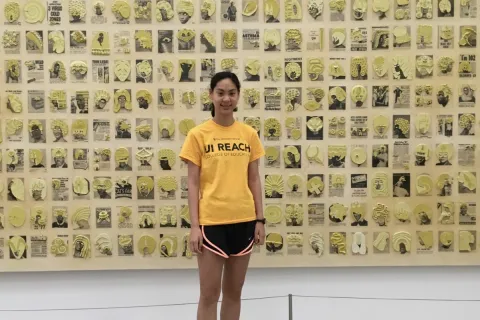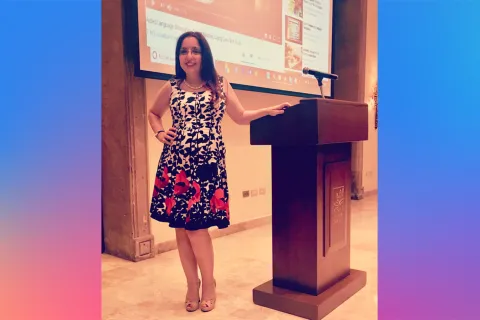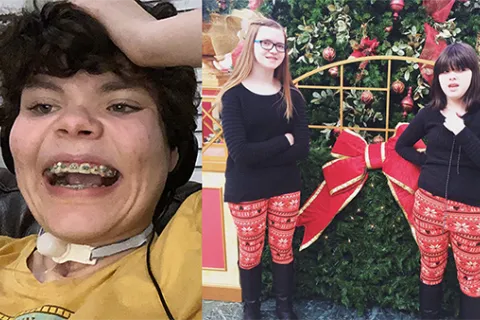Strategies for Success: Sports and Physical Activities
Leading the Way: Autism-Friendly Youth Organizations
Many youth with autism are able to participate in sports and are a great asset to their team. The amount of support required to make this happen will vary greatly from person to person. Some people with autism have great skills in learning rules and keeping track of statistics and may make great scorekeepers or coach’s assistants. Some may be good at individual sports as they are not required to keep track of a ball and other team members while processing auditory and visual information from several sources at the same time.
Here are some ways to support youth with autism in sports and physical activity programs.
- Be aware of motor, timing, language and attention issues that might affect his performance and interest and make appropriate accommodations.
- Know that Echoing locker rooms, whistles and the sound of others running and shouting might be overwhelming for someone with autism.
- Know that even though he may not be able to keep up with the pace of learning and the activity of the whole group, he might still be able to learn components of a sport or activity that provides a valuable social outlet and physical exercise.
- Break tasks into small components and celebrate successes.
- Promote as much independence as possible. For example, let him get the sport’s equipment. Teach him the steps to warm up and cool down before playing.
- Practice and help troubleshoot skills outside of group practice time. Let him start getting ready five minutes before the others arrive. Ask his support team to help teach techniques for learning to kick a ball, throw, catch, etc.
- Solicit the assistance of his and support team to provide training in appropriate locker room behavior and social conventions regarding privacy.
- Help his peers support him, in a respectful way, in adhering to social conventions by modeling and/or directly instructing.








